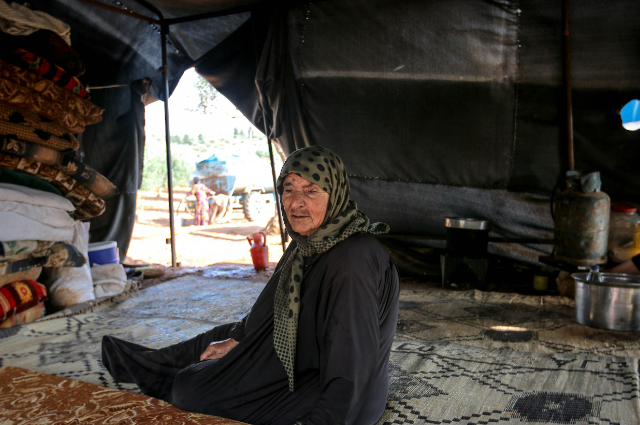
In immersing myself in the perspective of those facing challenges related to menstruation, the realization deepens that the provision of sanitary pads transcends mere hygiene concerns.
It symbolizes a commitment to acknowledging and respecting the inherent dignity and rights of women. The stark revelation of inadequate resources, such as clean water, further underscores the urgency of addressing these issues.
The call for feminism becomes not just a philosophical stance but a practical necessity, as it strives to create a world where the basic needs of women, from sanitary needs to broader empowerment, are met and respected.
The narrative extends beyond personal experiences to encompass a global dialogue, emphasizing the collective responsibility to support and uplift vulnerable women
.The poignant account of a Palestinian journalist adds a geopolitical dimension, highlighting how systemic issues can exacerbate the challenges women face.
Empowerment initiatives should not only address immediate needs but also advocate for systemic changes that ensure the sustained well-being of women.
In essence, this is a pivotal moment to champion the cause of women's rights and initiate concrete efforts to provide not just sanitary solutions but a platform for empowerment, equality, and a future where no woman is left behind.
Delving further into the intricacies of this narrative, the significance of supporting feminism becomes increasingly apparent. By advocating for women's rights, we strive to dismantle societal norms that perpetuate inequality and undermine the agency of half the global population.
In the context of menstruation, addressing the basic yet crucial need for sanitary pads goes beyond charity—it becomes a means of challenging the stigma surrounding menstruation, fostering inclusivity, and cultivating an environment where women can openly discuss and manage their reproductive health without fear or shame.The personal stories of mothers, daughters, and sisters experiencing menstruation underscore the intimate connection we all share as members of the human family.
This shared experience calls for a collective response, urging us to transcend geographical and cultural boundaries to stand in solidarity with those facing adversity. The narrative not only highlights the immediate need for resources but also serves as a rallying cry for systemic change, prompting us to question structures that perpetuate gender-based discrimination and to work towards a world where women are not only provided for but are active participants in shaping their destinies.
As we navigate the complexities of this issue, it becomes clear that empowering women extends beyond addressing one aspect of their lives; it encompasses a holistic approach that acknowledges their agency, voices, and rights in every facet of society.
